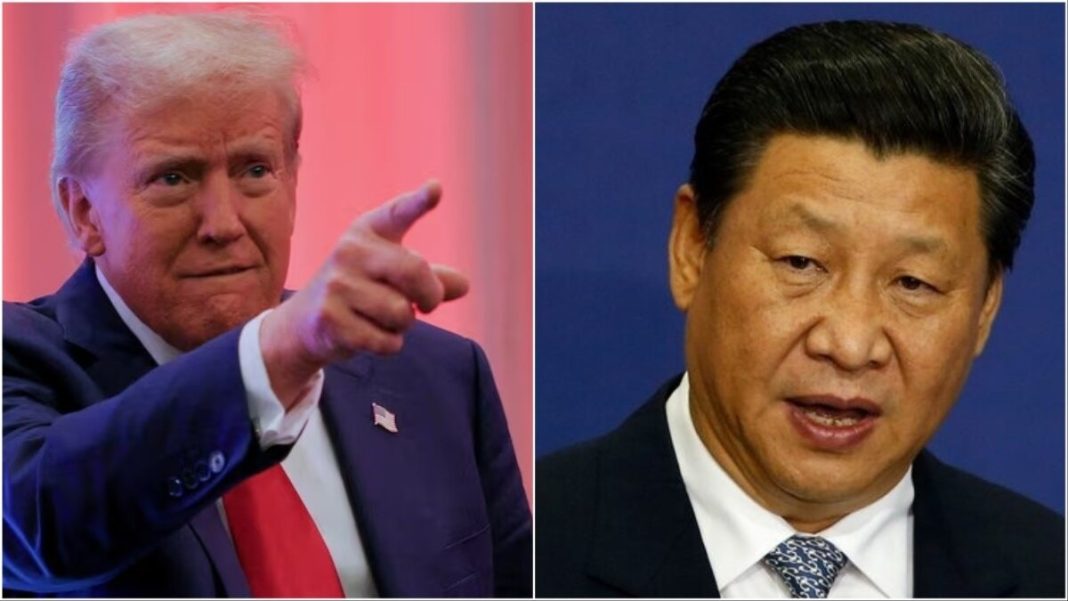Key Takeaways
- Trump announces 100% tariffs on all Chinese imports effective November 1, 2025
- US will impose export controls on critical software in response to China’s trade position
- Move threatens to cancel planned meeting with President Xi Jinping
- Analysts warn of significant impact on consumer electronics and electric vehicles
US President Donald Trump has escalated trade tensions with China by announcing sweeping 100% tariffs on all Chinese imports and strict export controls on American-made critical software. The measures, set to take effect on November 1, 2025, represent one of the most aggressive protectionist moves in recent US trade policy.
“Starting November 1st, 2025 — or sooner, depending on any further actions or changes taken by China — the United States of America will impose a tariff of 100% on China, over and above any tariff that they are currently paying,” Trump announced.
China’s Aggressive Trade Position
Trump’s decision came in response to what he described as China’s “extraordinarily aggressive position on trade” that affects all countries. The announcement followed China’s expansion of rare earth element export controls, materials essential for technology manufacturing where China dominates the global market.
“It has just been learned that China has taken an extraordinarily aggressive position on trade,” Trump wrote. “This affects ALL countries, without exception, and was obviously a plan devised by them years ago.”
Economic Impact and Sector Vulnerability
Economic analysts warn the new tariffs could severely impact multiple sectors already strained by existing trade measures. Consumer electronics and electric vehicle industries are particularly vulnerable to the heightened trade restrictions.
“Speaking only for the U.S.A., and not other nations who were similarly threatened,” Trump said, “we will impose export controls on any and all critical software starting November 1st.”
Diplomatic Fallout and Canceled Summit
The trade announcement has put a planned meeting between Trump and Chinese President Xi Jinping in jeopardy. Trump stated there was “no reason to hold the meeting” that was scheduled to occur in about three weeks in South Korea. Beijing had never officially confirmed the leaders’ summit.
“It is impossible to believe that China would have taken such an action, but they have — and the rest is history.”
The escalating trade measures have already sent financial markets into turmoil and strained relations between the world’s two largest economies, with potential global economic consequences.




